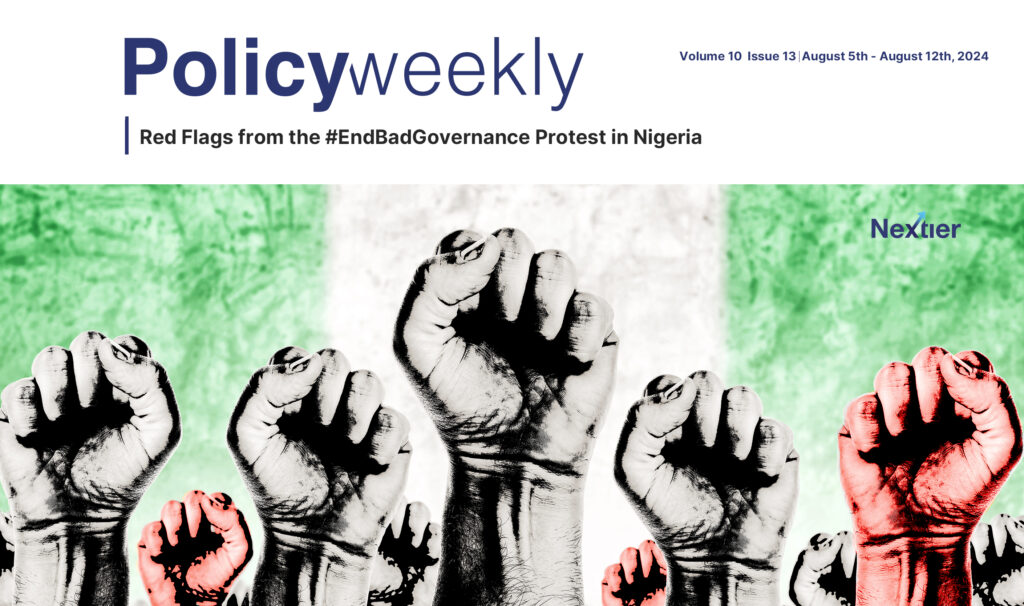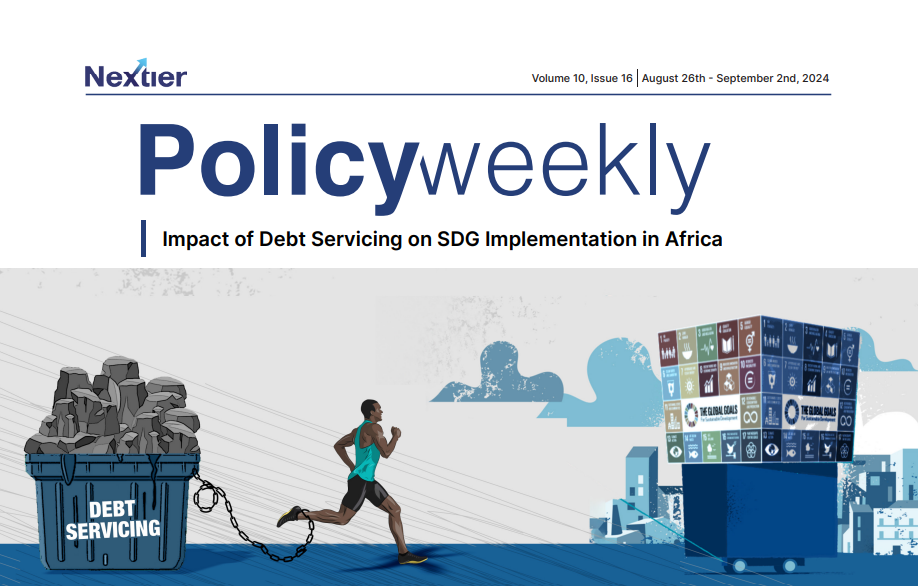Several federal government economic policies since May 2023 have rubbed off adversely on the citizens. These policies include the removal of the oil subsidy, increase in fees paid in public tertiary institutions, increase in electricity costs, increase in several taxes and levies, floating the nation’s currency (the Naira) in a free market, which occasioned a significant nosedive in its value and consequential impacts on the purchasing power of citizens in Nigeria’s economy that is mainly import-dependent. The consequences of these policies have been a spike in the general cost of living, as prices of commodities have hit the roof. Overwhelmed by these rising costs without a corresponding increase in earnings, Nigerians gave a month’s notice for a nationwide protest, which actually commenced on August 1 and has entered its fourth day at the time of writing.
As the protest progresses, some disturbing signals that bear urgent attention and swift response emerge. In this week’s edition of Nextier SPD Policy Weekly, we explore these emerging issues from the #End bad governance protest, their implications and possible pathways to manage the country out of the tensions.
Click here to download report

